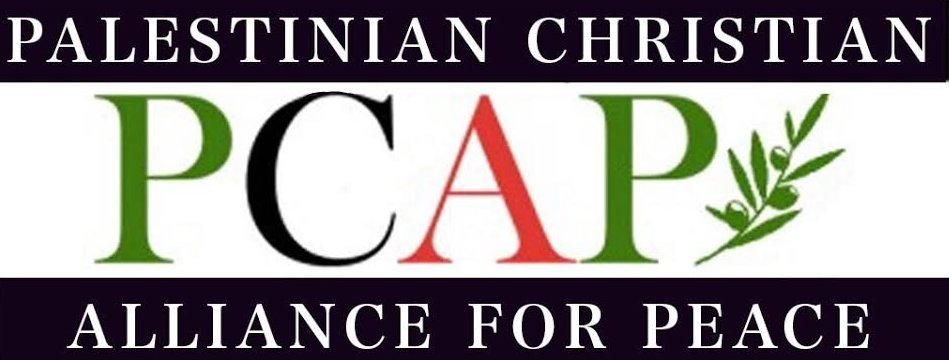Christian Zionism, Islamophobia, and Wars on Arabs
Christian Zionism has played an increasingly important role not only in aiding the establishment of Israel, but also in stoking the fires of Islamophobia and contributing to destabilizing the Arab World and the East Asian region. In the post-colonial period, western powers, now led by the U.S., supported Arab Islamists as an alternative to Arab left-leaning secularists. The U.S. came to consider the oil-rich Saudi Arabia, which professes an ultra conservative version of Islam, as it formest ally in the Arab World. However, a series of complex events in the Arab World and East Asia have resulted in the current socio-political configuration-- one where the U.S.continues to favor Saudi Arabia and Islamist groups supported by the Saudis, while American groups with vast political influence push an Islamophobic agenda. Christian Zionists are foremost among the Islamophobes in the U.S. and elsewhere.
Israel’s crushing victory over three Arab armies in 1967 was a fatal blow for the Nasser regime in Egypt, the arch enemy of Israel and Saudi Arabia. This was equally a huge defeat for progressive secularism among the Arab masses. Disillusionment with the secularists left a gaping void among large segments of Arab society; secularism was, to some, associated with the West that backed the Israeli victors in their humiliating defeat of the Arabs. Islamist groups rose in popularity, partly as a “return” to the long-gone, glorious days when Arab Muslims built a sprawling empire across three continents. As in the Fifties and Sixties, progressives, whose leadership often included members of Christian Arab minorities, continued their struggle against western hegemony. However, some Islamist groups rose to prominence as avowed enemies of the U.S. and its allies, largely overshadowing the remnants of Arab secularism. A tiny minority of Islamist groups perpetrated terrorist attacks in the West, most prominently the bloody attack on the U.S. Trade Center; and this vastly accelerated the rise of Islamophobia.
Israel’s leaders reveled in these developments. Its supporters, especially Christian Zionists, now portrayed Israel and the West as organic allies, and any attack on one of them was an attack on the enlightened West by evil Islam. They spun the destructive narrative that Palestinians, even Christians among them, are, at best doing the bidding of those who want to destroy western civilization. Western militarists whose madness destroyed Iraq and is contributing to the destruction of Lebanon and Syria draw their strongest support from Christian Zionists. The largest of these groups in the U.S. is the politically p[owerful Christians United for Israel (CUFI,) which claims 8 million followers. Its leader, John Hagee, writes:
America has been invaded by an invisible army of millions who intend to destroy this nation. They aren’t coming to America; they’re already here. This army of radical Islamic extremists have poured across our open borders and are waiting patiently for the hour of their unified attack, designed to bring chaos and governmental collapse.
U.S. retired Lieutenant General, Michael Flynn, who also served briefly as a National Security Advisor, expressed similar views:
In his 2016 book, The Field of Fight, Flynn characterized U.S. counter-terrorism efforts as “a world war against a messianic mass movement of evil people.” In a speech earlier this year, he called Islam “a cancer” and “a political ideology. It definitely hides behind this notion of it being a religion.”
In future articles in this series, we will address how Christian Zionist Islamophobia has contributed to bloody militarist adventures that have had disastrous consequences for the Arab region. We will also address how Christian Zionist Islamophobia and its antisemitism are an integral part of its racist ideology.

